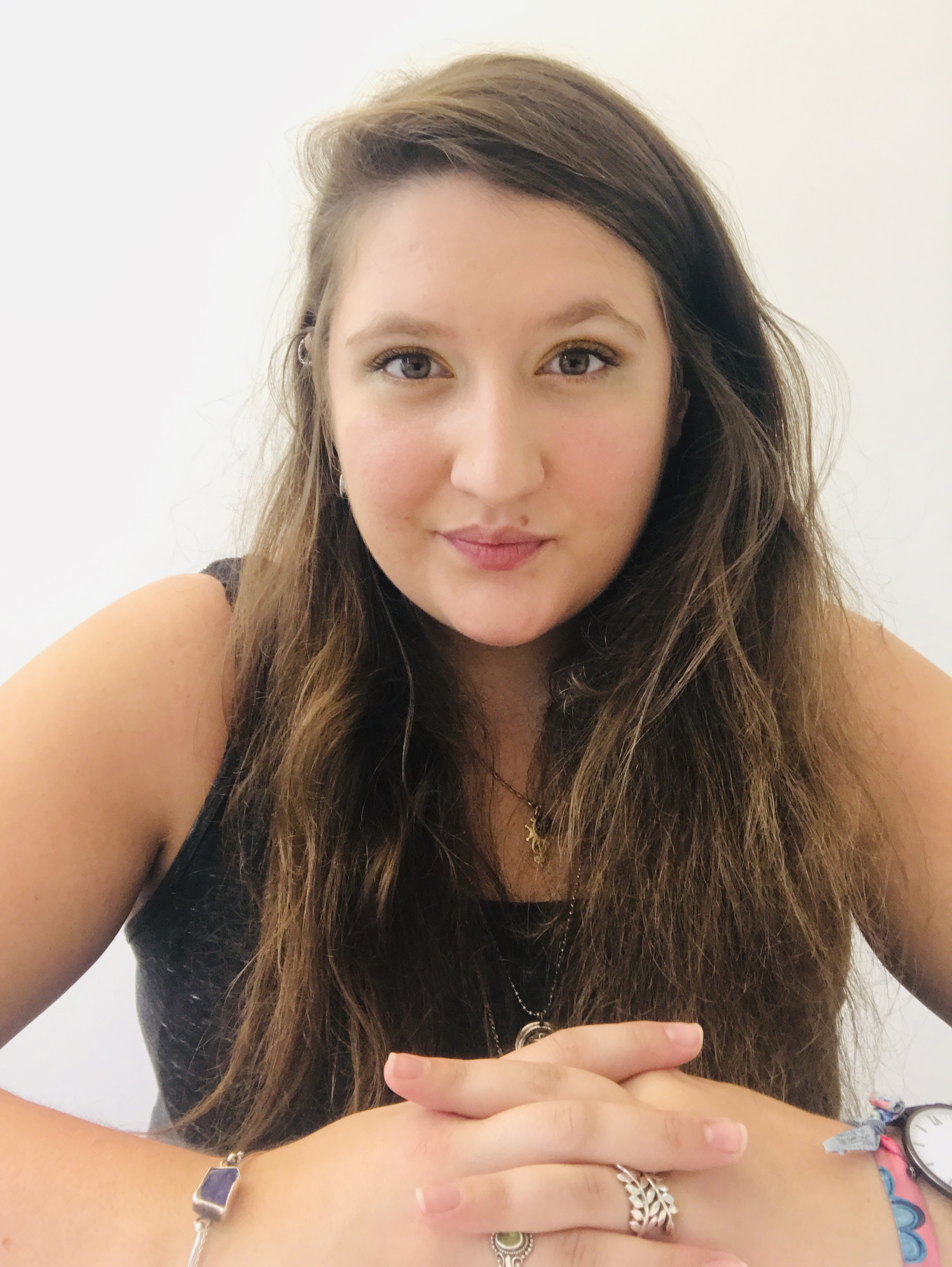
Transforming Realities,
Empowering Futures.
The Immersive Realities Working Group pioneers responsible innovation in XR and social agents, bridging academia, industry, and policy to shape human-centered, equitable digital futures.
The Immersive Realities Working Group explores how extended reality (XR) and social agents can shape inclusive, ethical, and engaging digital futures.
It serves as an interdisciplinary innovation hub at the intersection of academia, industry, and policy, bridging research with real-world application.
With a focus on student enablement, responsible innovation, and ecosystem building, the lab investigates immersive technologies not only as technical tools but as catalysts for societal change.
Why we exist
Immersive technologies have the potential to transform how we learn, collaborate, and interact with information.
Yet their long-term impact depends on more than technical advancement, it requires ethical governance, inclusive design, and critical public engagement.
The Immersive Realities Working Group was established to ensure that emerging XR technologies and AI-driven agents are shaped by diverse perspectives and examined in respect to their implemented value systems.
It aims to foster equitable digital spaces and ensure immersive innovation serves the public good.
How we work
The working group drives change by cultivating an interdisciplinary ecosystem that unites students, researchers, industry experts, and public stakeholders.
Through hackathons and prototyping formats, it fosters cross-sector dialogue and hands-on experimentation.
Educational empowerment and student-led innovation are at the lab’s core, supported by monthly working group meetings, mentorship programs, and applied research projects.
This approach grounds theoretical insight in practical action and ensures continuous collaboration across disciplines and sectors.
What we do
Flagship initiatives include the Immersive Realities Hackathon, which in 2024 convened over 25 students and 20 mentors to prototype responsible XR solutions.
The upcoming launch of Finding Unsupervised Pete, an open-source educational game developed under the De-MystifAI project, will make large language models (LLMs) more accessible to the general public through immersive storytelling.
In 2025, the working group will further expand its research into social robotics, merging human-centered AI with immersive technologies to explore novel assistive experiences.
These initiatives exemplify the working group’s mission to embed ethics, inclusivity, and innovation into the rapidly evolving XR landscape.
How to get engaged
The Immersive Realities working group welcomes students, researchers, and external partners who are eager to explore the intersection of immersive technologies, ethics, and societal impact.
Whether you are interested in joining our monthly working group meetings, contributing to upcoming hackathons, collaborating on applied research, or exploring EU grant opportunities, there are multiple ways to get involved. To learn more or propose a collaboration, feel free to reach out to Philip.Pfaller@hfp.tum.de or auxane.boch@tum.de .

